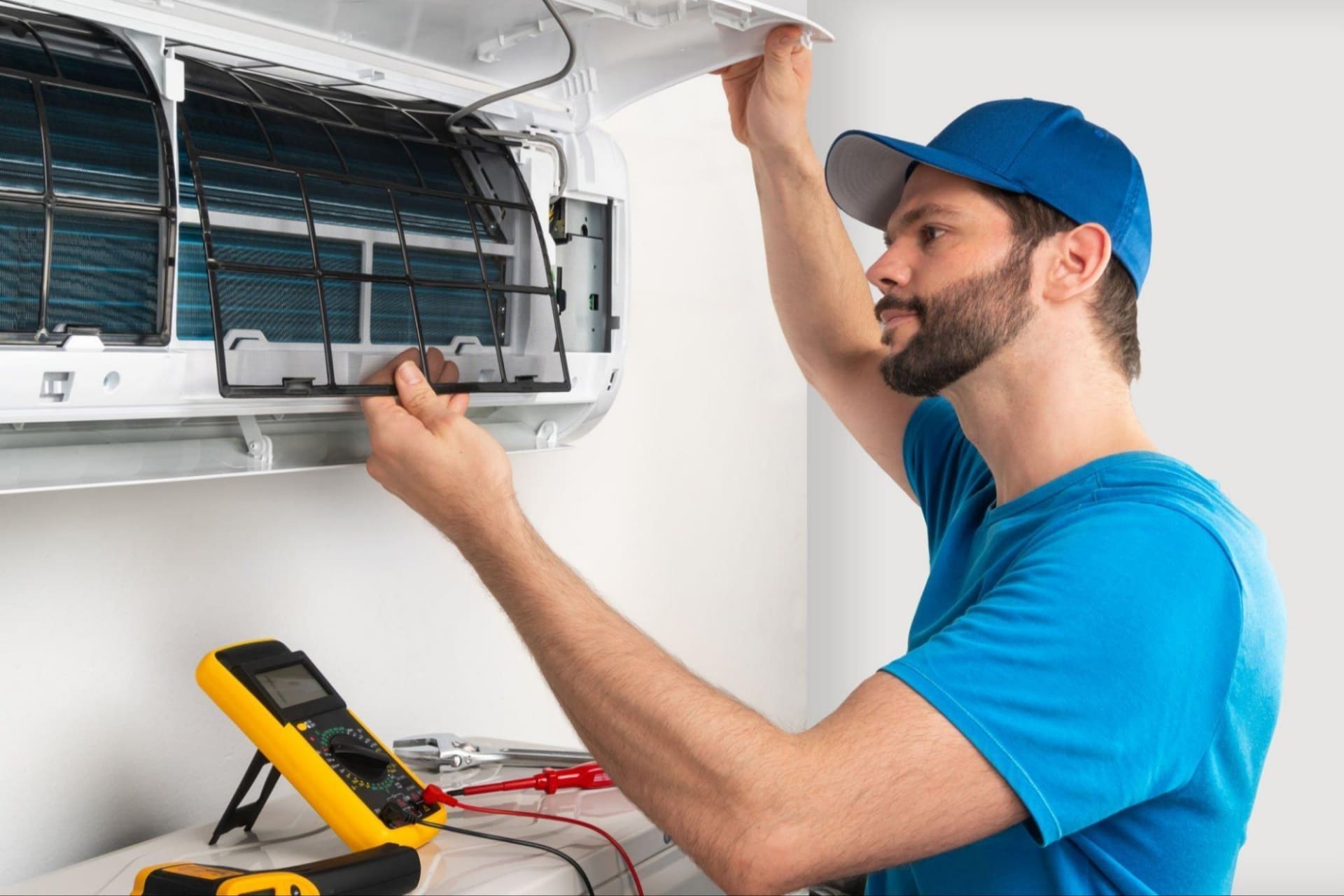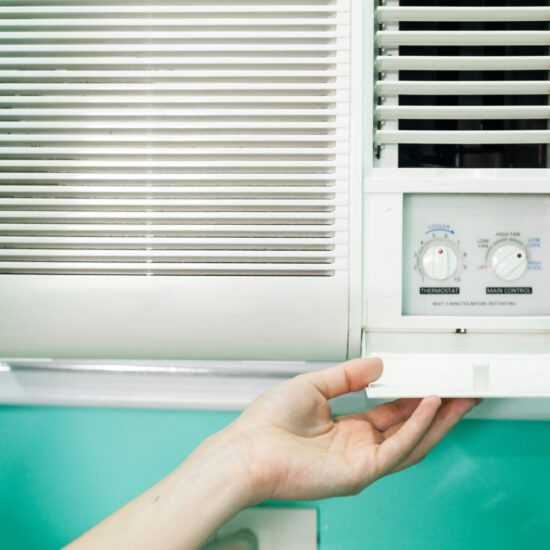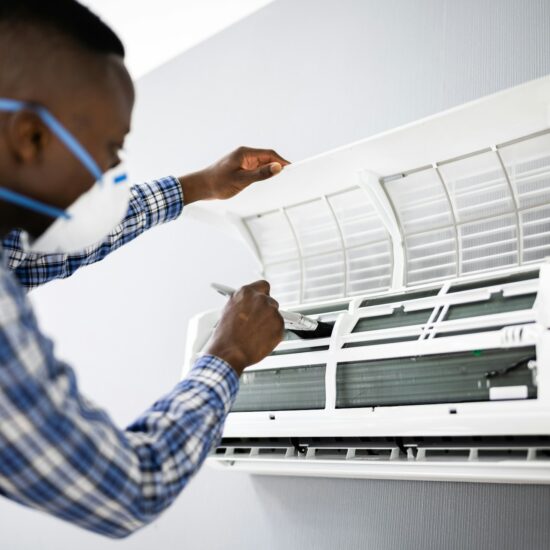Selecting an HVAC system for your home is a significant decision, often guided by factors like your home's size, the local climate, and your budget. Engaging a knowledgeable HVAC contractor can prove invaluable. Their expertise helps ensure that the system you choose is appropriately sized and capable of maintaining your home's comfort throughout the year. Energy efficiency and cost-effectiveness are primary considerations, as the right system can lead to long-term savings on utility bills.
Before you make a purchase, it's essential to understand the different types of HVAC systems available. From traditional furnace and air conditioning combinations to innovative ductless mini-splits and geothermal heat pumps, each has its merits and installation requirements. Considering the scale of investment and the role of the HVAC system in providing a comfortable living environment, it's critical to weigh these options carefully.
An experienced HVAC contractor will not only assist in selecting the right system but also provide free estimates, help to compare quotes from top-rated local contractors, and offer advice tailored to your specific needs. As you embark on this process, prioritize choosing a system that aligns with your home's heating and cooling demands, ensuring efficient and reliable operation for years to come.
Understanding HVAC Fundamentals
Selecting the right HVAC system is essential for comfort and efficiency. Your understanding of different systems and their operation will guide you to a suitable choice for your space.Types of HVAC Systems
You will primarily encounter the following HVAC system types in residential and commercial buildings:- Split Systems: This common configuration has separate indoor and outdoor units, typically with a furnace and air conditioner.
- Heat Pumps: Often used in moderate climates, heat pumps can provide both heating and cooling.
- Packaged Systems: These contain heating and cooling components in a single outdoor unit, ideal for limited indoor space.
- Ductless Mini-Splits: Suitable for areas without ductwork, these systems provide targeted room-by-room temperature control.
How HVAC Systems Work
The basic operation of HVAC systems involves three core processes: heating, cooling, and air circulation.- Heating: Furnaces generate heat by burning fuel or using electricity, subsequently distributing this heat throughout your space via ductwork or pipes.
- Cooling: Air conditioners and heat pumps absorb heat from your indoor air and release it outdoors, cooling the air that is recirculated inside.
- Circulation: Fans and blowers move the conditioned air through ducts, ensuring consistent temperature regulation throughout your property.
Factors to Consider When Choosing an HVAC System
When selecting an HVAC system, taking into account your local climate and the energy efficiency of different systems will lead to more satisfactory and cost-effective performance over time.Climate and Location Considerations
Your geographic location greatly influences the type of HVAC system that will best serve your needs. If you live in an area with extreme temperatures, either hot or cold, your system will need a higher capacity to maintain a comfortable indoor environment.- Hot Climates: For those in warmer regions, a system with a high Seasonal Energy Efficiency Ratio (SEER) rating will be crucial for keeping cooling costs down.
- Cold Climates: In colder locales, look for systems with a high Heating Seasonal Performance Factor (HSPF) rating to ensure efficient heating.
Energy Efficiency and Ratings
An efficient HVAC system not only saves energy but also lowers utility bills. The following are the key ratings you'll come across:- SEER Rating: The SEER rating measures the cooling efficiency of air conditioners and heat pumps. The minimum standard is 14 SEER, but systems can exceed 20 SEER for increased efficiency.
- HSPF Rating: The HSPF rating applies to heat pumps and determines the heating efficiency. Again, the higher the number, the more efficient the heating performance.
Navigating Contractor Selection
Choosing the right HVAC contractor is crucial for ensuring proper installation and maintenance of your system. This not only affects your comfort but can also impact system efficiency and longevity.When to Hire an HVAC Contractor
You should hire an HVAC contractor when:- Installing a new HVAC system – Whether you’re building a new home or replacing an outdated unit.
- Existing system repairs – If your system is malfunctioning or performing inefficiently.
- Routine maintenance – To sustain performance and prevent unexpected breakdowns.
Questions to Ask Potential Contractors
When interviewing contractors, ask specific questions to gauge their suitability:- Experience – "How many years have you worked with HVAC systems similar to mine?"
- References – "Can you provide recent client references?"
- Estimate – "Will you provide a detailed, written estimate for the project?"
- Duration – "How long will the installation or repair take to complete?"
Verifying Contractor Credentials
To ensure that a contractor is qualified, request and verify the following credentials:- License: Check their licensing number against your state’s database for authenticity.
- Insurance: Ensure they have liability and worker’s compensation insurance to protect against potential damages.
- Certifications: Look for industry-recognized certifications, such as from NATE (North American Technician Excellence) or HVAC Excellence, as they reflect a commitment to professionalism and current knowledge in the field.
Maintenance and Upkeep
Proper maintenance is crucial to ensure your HVAC system operates efficiently and to extend its lifespan. Your attention to routine tasks and understanding of service agreements can significantly influence performance and cost savings.Routine Maintenance Requirements
- Filter Replacement: You should replace or clean your HVAC filters every 1-3 months. A clean filter ensures optimal airflow and indoor air quality.
- Inspection of Components: Annually inspect the condenser, evaporator coils, and refrigerant lines for wear or damage.
- Ductwork Check: Regularly check for leaks or blockages in your ductwork, as they can reduce system efficiency.
- Thermostat Calibration: Ensure your thermostat is calibrated correctly for accurate temperature control.
- Clearance Around Units: Keep at least 2 feet of space clear around outdoor units to avoid airflow obstruction.
Long-Term Service Agreements
- What's Included:
- Bi-annual Check-ups: Most agreements include comprehensive check-ups before the peak heating and cooling seasons.
- Priority Service: Often, these agreements provide priority service if a repair is needed, reducing your wait time.
- Discounts on Repairs: Some contracts offer percentage discounts on parts and labor for any repairs during the term.
- Considerations:
- Cost vs. Benefits: Evaluate the cost of the service agreement against the benefits and potential savings on repairs and energy.
- Contract Details: Read the terms closely to understand what is covered, how often service is provided, and any exclusions.




